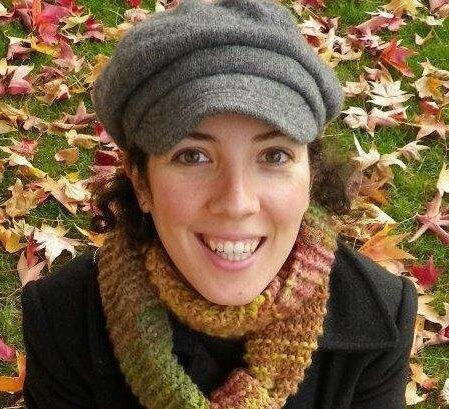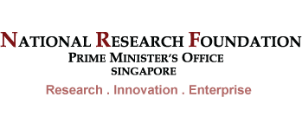Seminar by Dr Ana Isabel Caterino
Heriot-Watt University, Edinburgh, United Kingdom
Date: Friday, 8th March 2019
Time: 3pm
Venue: SJINML Seminar Room
Abstract:
Microplastics (MPs) are the most numerous debris reported in marine environments and assessment of the amounts of MPs that accumulate in wild organisms is necessary for risk assessment. Nanoplastics (NPs, ≤1µm) may result from larger plastic debris released in the environment and can pose a further risk to aquatic organisms and ecosystems. The risk of M-NPs can be exacerbated because toxicants adsorbed to the particles may be transported to and become more bioavailable to organisms. Our project is focused on providing critical information to enhance the environmental risk assessment of M-NPs, based on real-world exposure scenarios. We have investigated MP contamination in mussels collected around the coast of Scotland (UK) to identify characteristics of MPs and to evaluate risk of human exposure to MPs via ingestion of mussels. Our analysis has shown that the risk of plastic ingestion via mussel consumption is minimal when compared to fibre exposure during a meal (i.e., fibres that incidentally contaminate a plate of food) via dust fallout in a household. We have further investigated the effects of nanopolystyrene (nPS) and nPS with the adsorbed co-contaminant Tributyltin (TBT) on the micro and meiobenthic communities on sandy sediment in mesocosm experiments. Toxicology and effects of M-NPs in fish (trout and zebrafish) and marine invertebrates after ingestion have been studied considering a variety of endpoints with experimental designs that enabled effects to be modelled across concentrations and sizes of M-NPs. The current collaboration of Ana with Steve Summers at the Singapore Centre for Environmental Life Sciences Engineering (SCELSE) is focused on the effects of ingested plastic particles on digestive system physiology of trout. We will measure the genetic diversity of the bacterial community of the gut of trout to clarify on the subtle physiological effects M-NPs can have under low-concentration scenarios. We anticipate that our results (ongoing data analysis) will contribute to a better understanding of the environmental risk of M-NPs and their co-contaminants within realistic scenarios.

About the speaker:
About the speaker: Dr Ana I. Catarino is a NERC Research Associate at the Institute of Life and Earth Sciences at the Heriot-Watt University, UK. She is currently working at SCELSE, Singapore, thanks to an Association of Commonwealth Universities (ACU) Blue Charter Fellowship. She is the Project Leader in Scotland of Native Scientist, a network of international researchers that promotes bilingualism through science outreach. Ana loves mountain hiking and is fluent in four languages. She tweets at @Zebrazuli.


